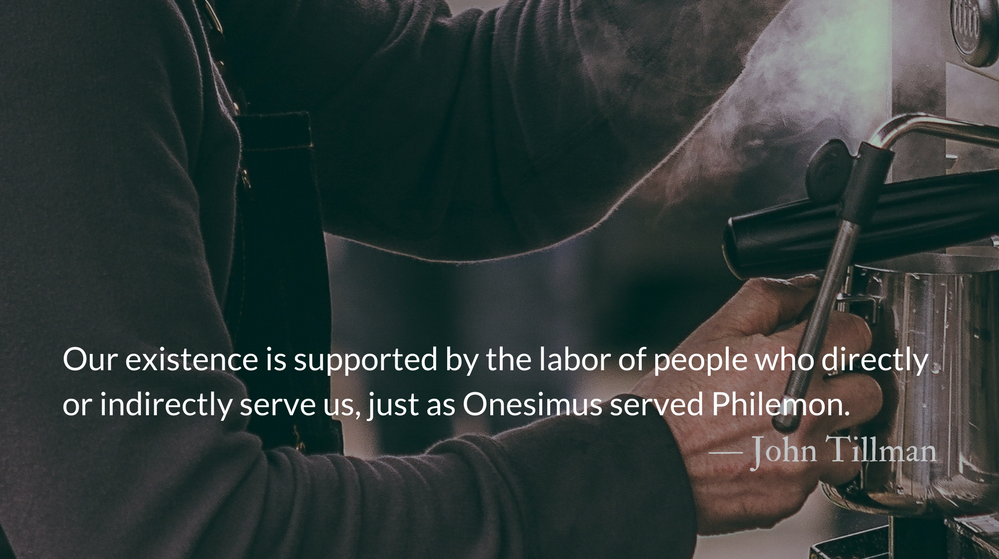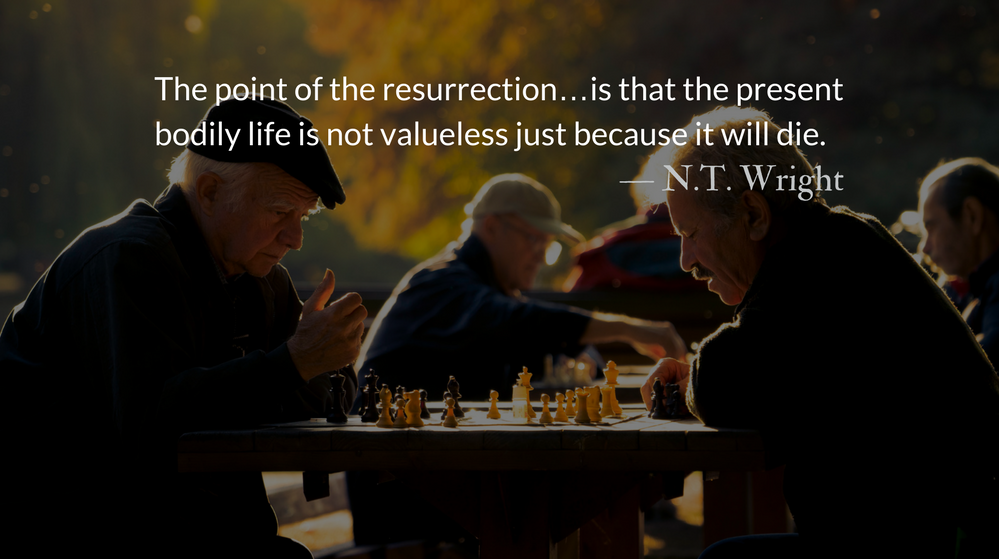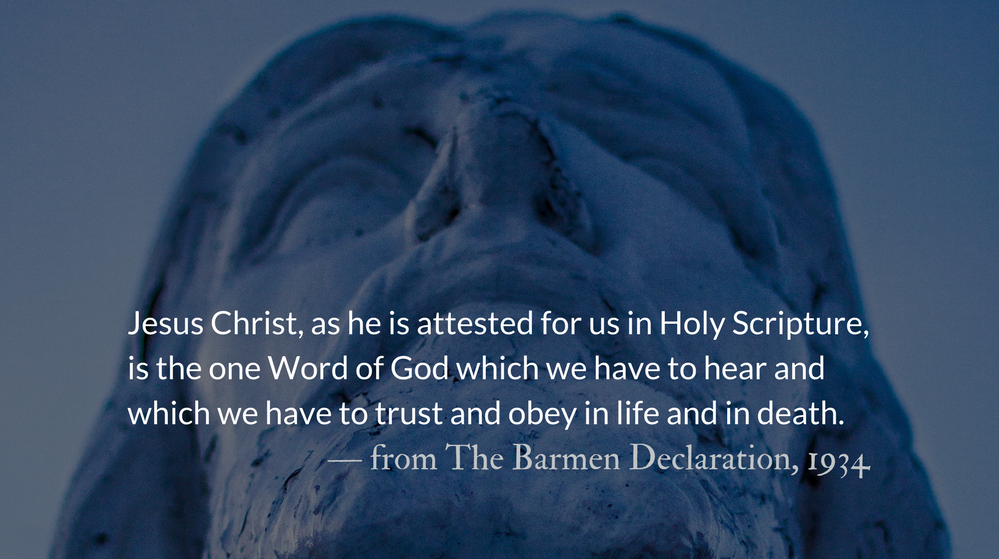Scripture: Philemon 15-16
Perhaps the reason he was separated from you for a little while was that you might have him back forever—no longer as a slave, but better than a slave, as a dear brother. He is very dear to me but even dearer to you, both as a fellow man and as a brother in the Lord.
Reflection: Philemon’s Speck and Our Log
By John Tillman
Between Philemon’s time and now, many have struggled to live out Paul’s challenge to overcome the cultural mindset of slavery. It has been a struggle uniquely led by Christians.
However, when we look to the past, there is a temptation to sneer. Many modern moralists convince themselves that if they had lived in certain ages, they would have been on the “right side” of history and as a result they treat writers of those ages as hypocrites, refusing to learn from them.
This is foolish, arrogant, and is an attitude that is condemned by Christ himself.
Better that we remove the log in our own eye rather than seek to remove the speck from the eye of some deceased writer in another age.
In our own time, Paul’s challenge to Philemon is still applicable. Slavery may not be sociologically acceptable anymore, but it is still economically viable and, as a criminal enterprise, is alive and well. The United Nations estimates that over 89 million people are currently or have been enslaved in the past five years.
And though we may not have slaves, all of us have servants. Even those without in-home staff such as maids, butlers, chefs, or nannies, have an entire service industry taking care of everything we might need. The Bureau of Labor and Statistics projected that by 2018 over 131 million people would be working in the service industries.
Our food is prepared for us, our coffee is customized for us, our packages are delivered for us, by servants. Yet our society denigrates manual labor of all kinds, and especially labor in the service industries.
We denigrate and look down on service so much that we use service jobs as a way to scare better grades into our kids. Service jobs are the stick that spurs youth toward the carrot of a better job after incurring massive debt attending college.
Our existence is supported by the labor of people who directly or indirectly serve us, just as Onesimus served Philemon. How we treat those individuals—both relationally and economically—shows whether we consider them part of the economic machinery or spiritual brothers and sisters.
Prayer: The Greeting
Your statutes have been like songs to me wherever I have lived as a stranger. — Psalm 119.54
– Prayer from The Divine Hours: Prayers for Springtime by Phyllis Tickle.
Full prayer available online and in print.
Today’s Readings
Ecclesiastes 12 (Listen – 2:38)
Philemon (Listen – 2:52)











